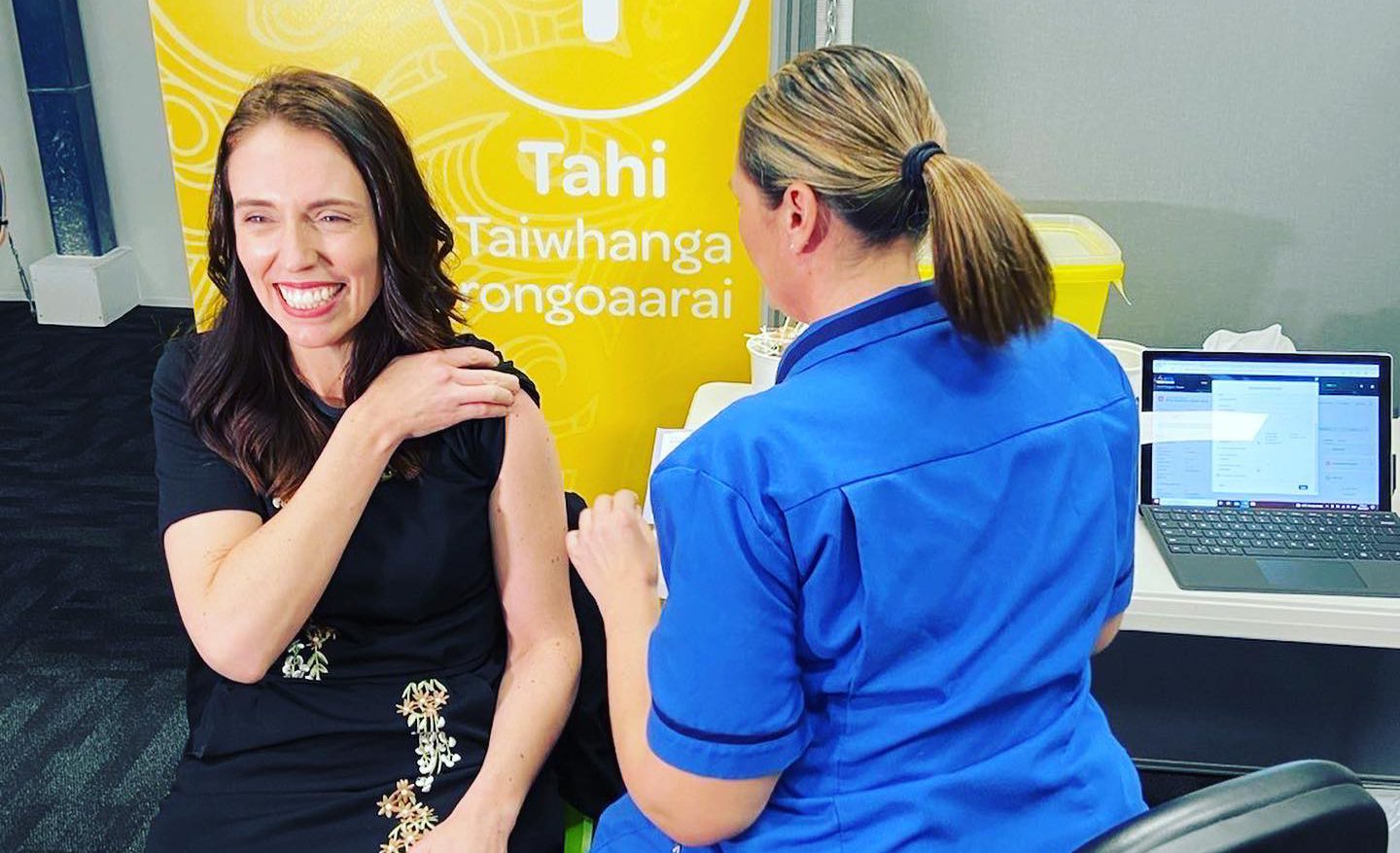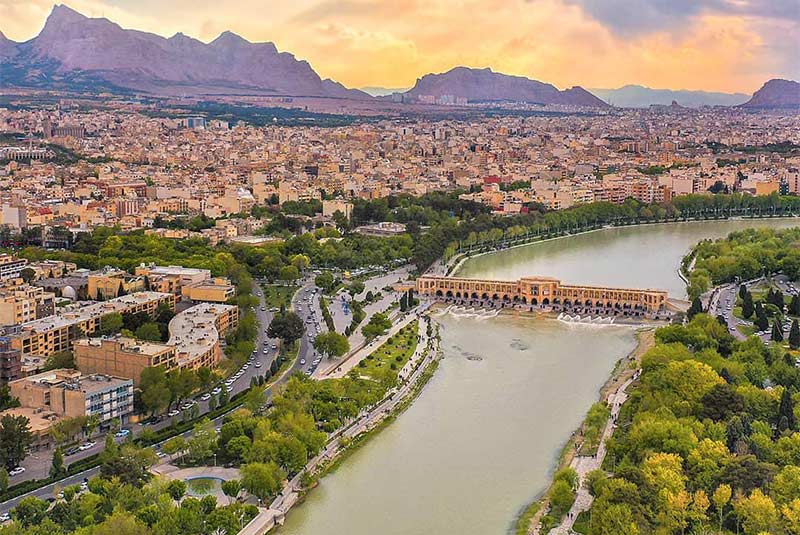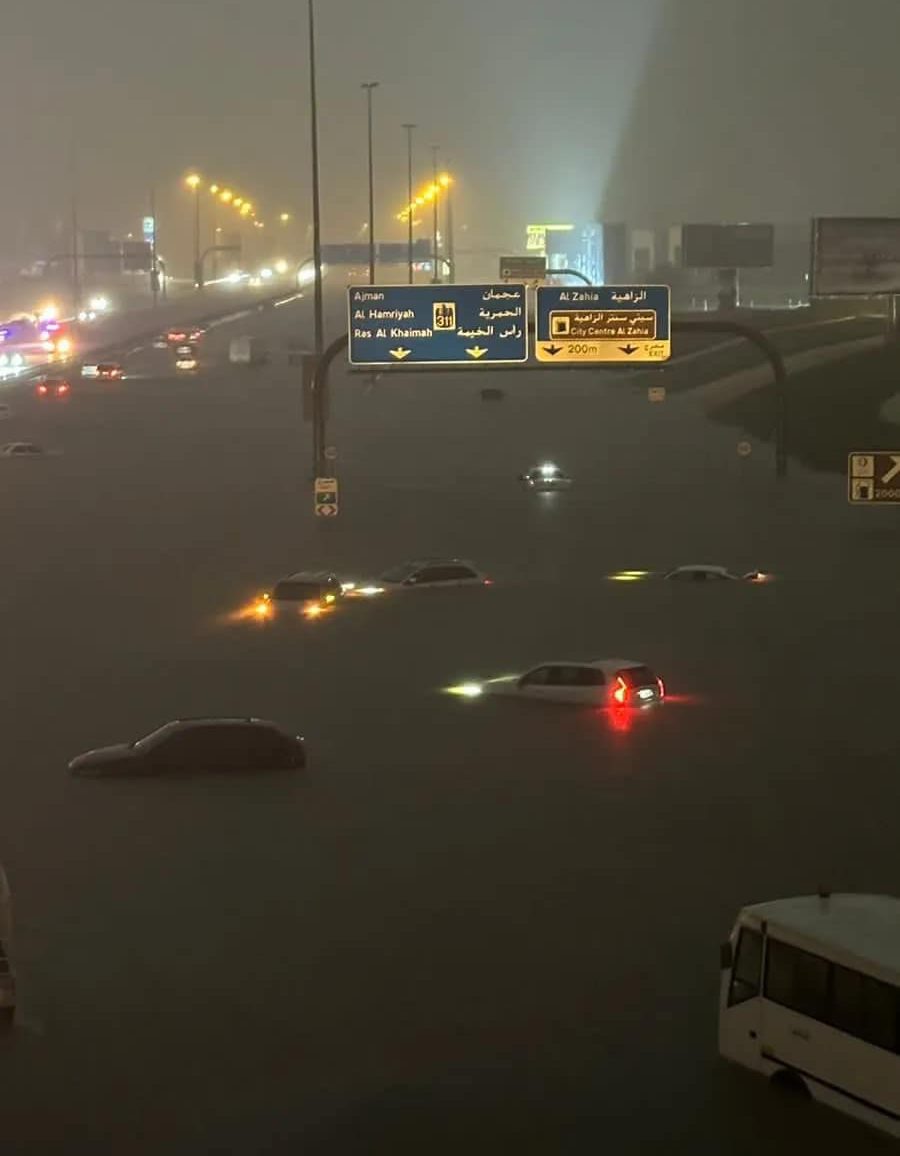New Zealand has announced that it will be accepting vaccinated visitors coming from low-risk countries from early next year, while speeding up its vaccination drive to better protect the country from COVID-19.
The Pacific nation has recorded one of the lowest rates of coronavirus infections, with only 3,000 registered cases and 26 deaths in a population of 5 million, but vaccination rates remain very low – only some 20 per cent of the population is fully vaccinated.
Speaking on Thursday, Prime Minister Jacinda Ardern said that the country’s “ultimate goal is to get to quarantine-free travel for all vaccinated travellers”.
“But we’re simply not in a position to fully reopen just yet,” she continued.
New Zealand has had one of the strictest responses to the pandemic, closing its borders to all non-residents in March 2020. It has also enforced mandatory 14-day quarantines for returning citizens.
“If New Zealand had been hit as hard as the United Kingdom or United States, nearly 10,000 Kiwis would have died,” pointed out Ms Ardern.
While a success in controlling COVID-19, the uncompromising border controls have also left nation comparatively isolated and cut off from the rest of the world.
Ms Ardern said: “We cannot keep border restrictions on forever, and to be absolutely clear we don’t want to do that either, and neither do the experts we talk to. Border closures were only ever a temporary measure in order to keep Covid out before a vaccine was developed and administered.”
“So long as the scientific evidence shows we can safely transition from a border defense to the individual armor of the vaccine, then that is the direction we will go,” she added.
As part of the reopening, Ardern announced New Zealand would aim to implement a tiered risk-based system to enter the country from early 2022.
According to a New Zealand Government statement, under the new system, vaccinated travelers coming from high risk countries would still have to quarantine in a managed facility for 14 days.
However, those from medium risk countries could have reduced quarantine, or be allowed to self-isolate, while those from low risk countries would be allowed in without having to quarantine.
New Zealand has not yet announced which countries which be classified as low, medium or high risk.
The Government said it would concurrently bring vaccination timelines forward, as well as trial a programme to allow some returning travelers to self-isolate at home between October and December this year.
The Prime Minister’s announcement comes as neighbouring Australia continues to battle a number of outbreaks of the COVID-19 Delta variant, which has seen Sydney and Melbourne enter extended lockdowns.
Ms Ardern made it clear that New Zealand was not going to abandon its policy of aiming for zero Covid-19 cases despite the increase in vaccinations, saying it could not allow an outbreak of the Delta variant of COVID-19.
“Principle number one will remain … maintaining our elimination strategy to stamp out the virus, so we can maintain our hard won gains and keep our options open,” she said.
Inflation risk re-surging as tensions heat up between Israel and Iran
Oil and gold prices jumped after the latest strike by Israel
WATCH: Rare torrential rain in Dubai wreaks havoc and causes major disruption
Flooding hits shopping malls, destroying stock
Spain to end ‘golden visa’ scheme over property market impacts
While countries are slowly banning the practice, Malta remains firm in keeping the scheme alive






